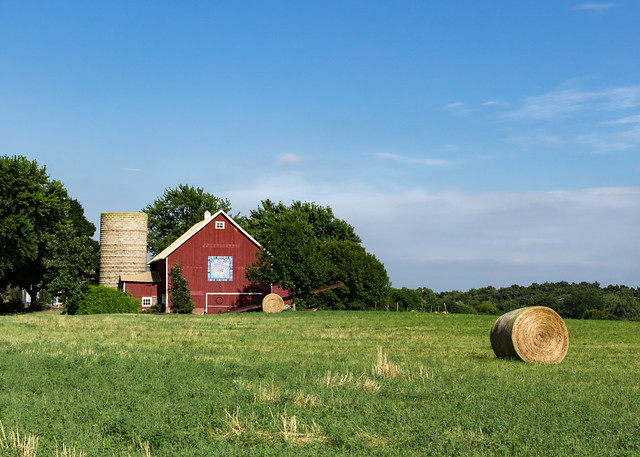
What do you think of when you hear the phrase family-owned business? You may not immediately think of the family farm, but they are just as important to our economy and communities. In fact, family farms account for 96% of all U.S. farms, according to the 2017 Census of Agriculture Farm Typology report released last week by the National Agricultural Statistics Service (NASS). These farms – 1,789,439 small family farms, 108,304 mid-size family farms, and 52,592 large-scale family farms – collectively produced $318 billion worth of agricultural products in 2017.
Typology classifies all farms into categories based on two criteria – who owns the operation and gross cash farm income (GCFI). GCFI includes the farm producer’s sales of crops and livestock, fees for delivering commodities under production contracts, government payments, and farm-related income. USDA defines small family farms as those with a GCFI of less than $350,000; mid-size farms have a GCFI of $350,000 to $999,999; and large-scale farms are those with a GCFI of $1 million or more.
The typology report focuses primarily on the family farm. Why are typology data important? Because supporting U.S. agriculture – the farms that feed our country and the world – requires understanding its diversity. America’s 2 million farms range from operations that can produce and sell $1,000 of agricultural products in a year to multimillion-dollar enterprises. Trying to pinpoint meaningful characteristics of the “average” U.S. farm from this alone would be misleading; important differences based on farm size and type might be overlooked. Typology allows us to better assess the health of U.S. farms, the farmers who live and work on them, and the impact of policies by grouping operations into more homogenous categories.
These data show that family farms, defined as any farm where the majority of the business is owned by the operator and individuals related to the operator, remain the beating heart of American agriculture. The report also found small family farms account for 88% of all farms in the United States.
Small family-owned farms accounted for 19% of the value of all agricultural products sold in 2017, including 45% of direct-to-consumer sales, according to the report. To continue supporting the small farms that give so much to our country and the world, it’s critical to have accurate data that are put into proper context to identify meaningful trends. That’s where typology comes in.
More information about the 2017 Census of Agriculture Farm Typology report, including additional resources, such as Highlights and maps, are available on the NASS website. Visit nass.usda.gov/AgCensus to learn more about the Census of Agriculture.


